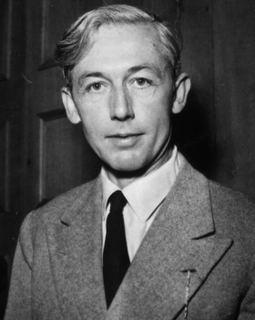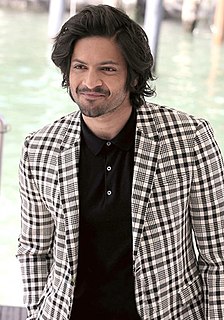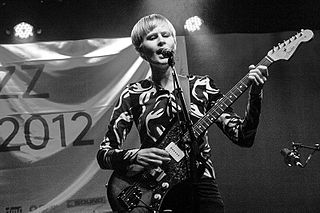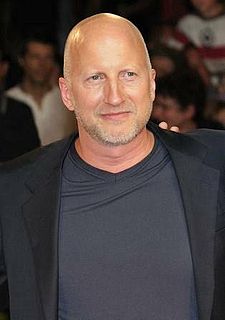A Quote by Robert Bresson
For me, film-making is combining images and sounds of real things in an order that makes them effective. What I disapprove of is photographing things that are not real. Sets and actors are not real.
Related Quotes
I'm continuously playing this game of what's real and what's not real, and having to balance and judge and realize that there are things that carry real weight in the world and actually have power in them. And there are things that are just pointless, and you don't have to pay attention to those things.
My own personal aesthetic is all to do with real actors and real locations and a kind of almost hyper reality and actuality to things. But the digital world, I explore that through other mediums, with music videos and commercials. Even 'The Road' was a real learning curve for me with digital effects.






































